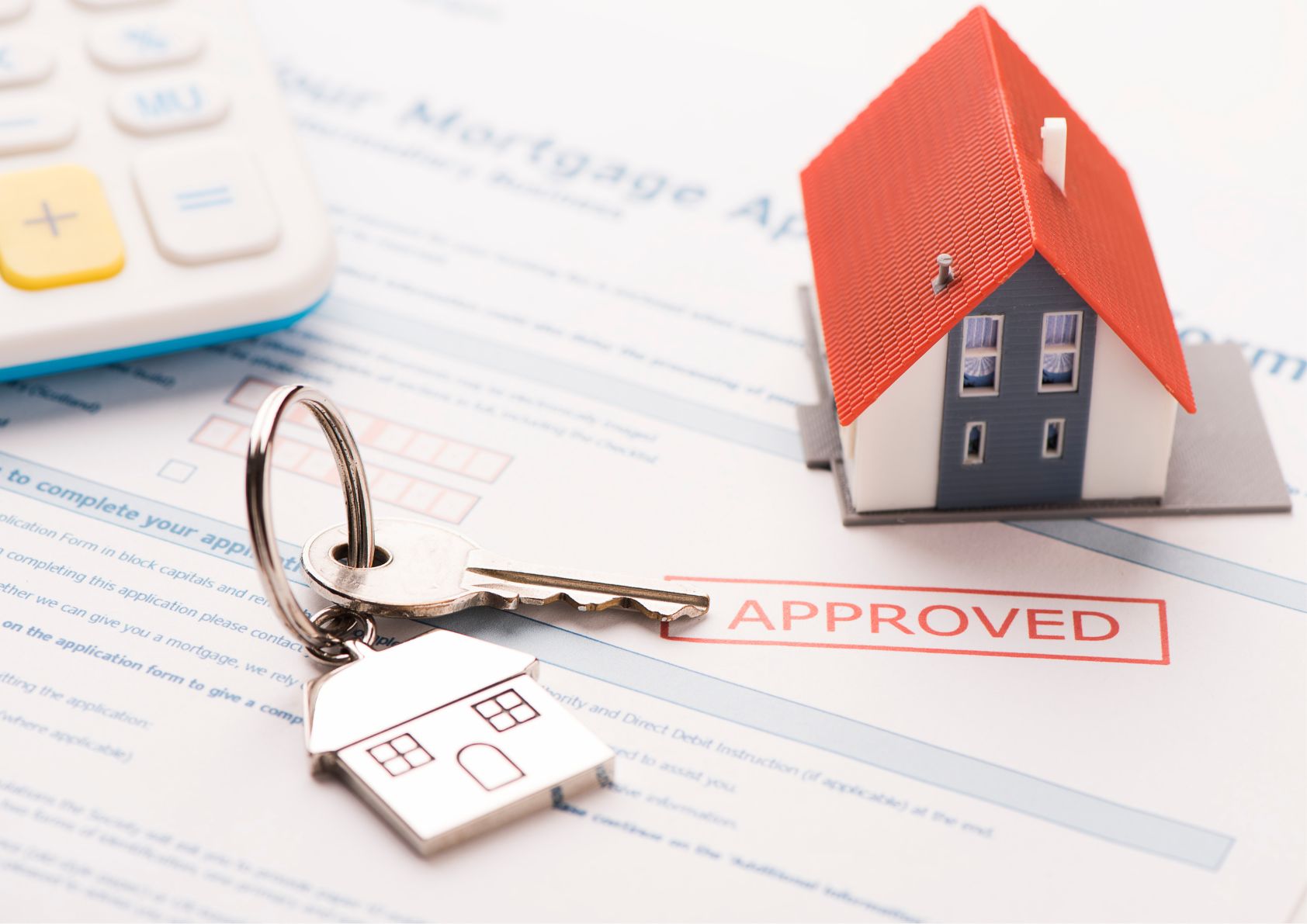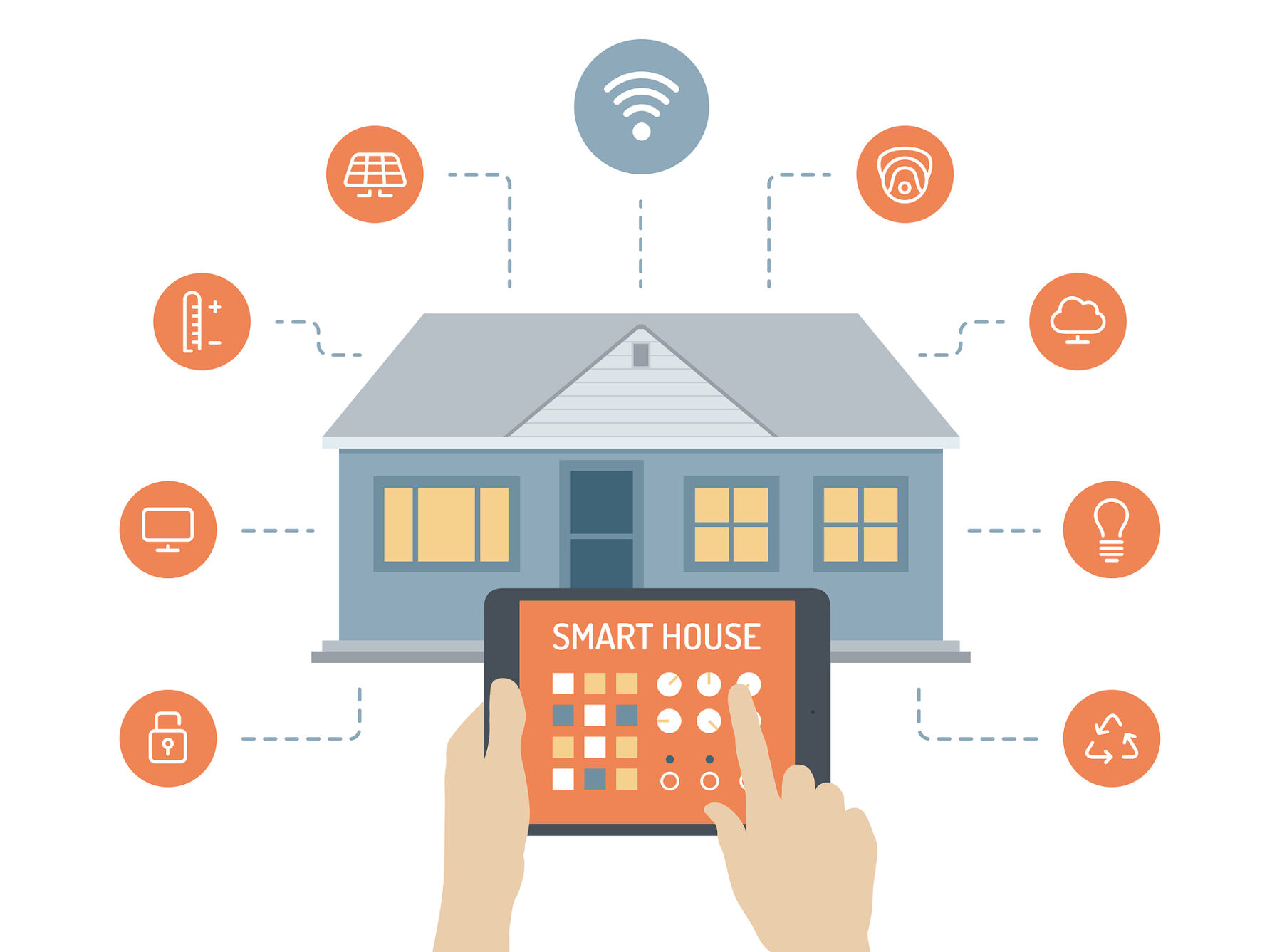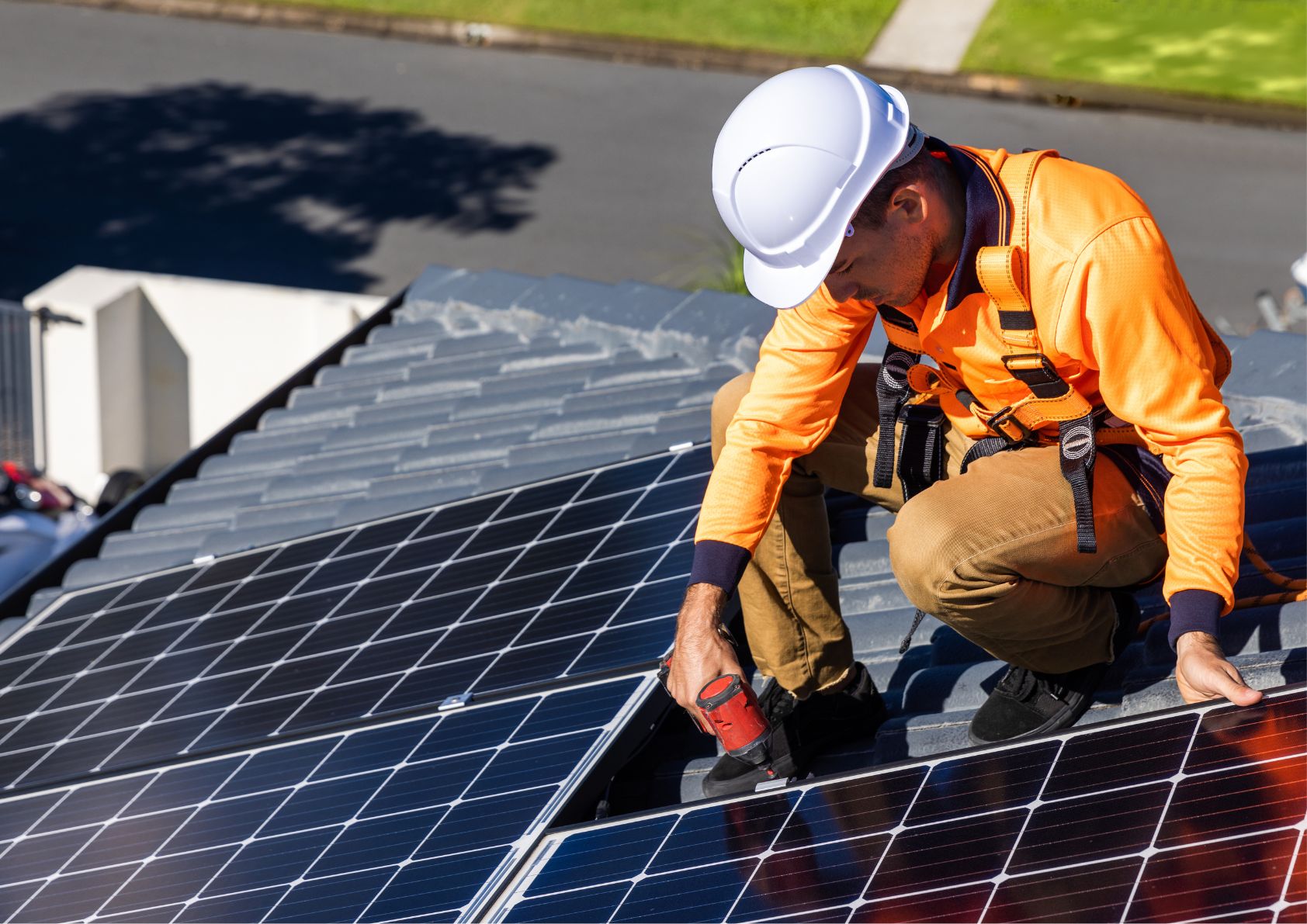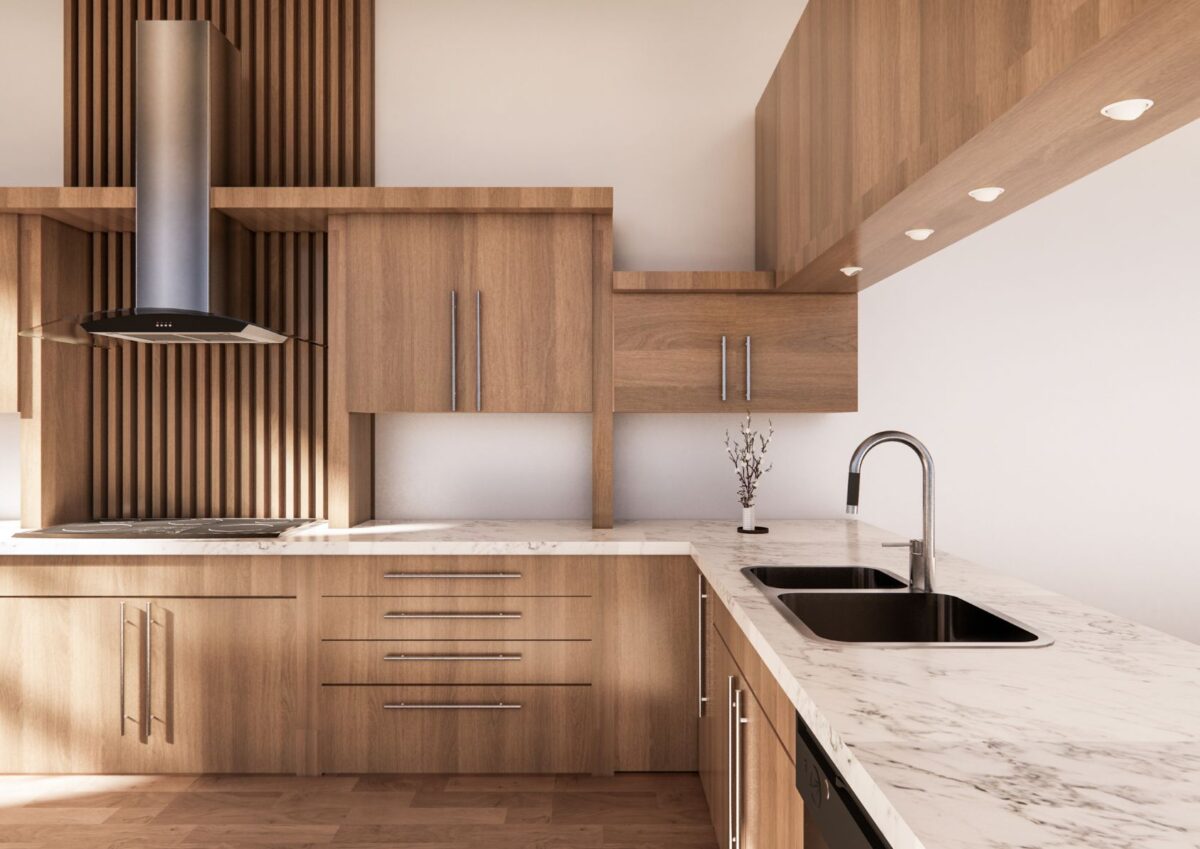Introduction
Starting your real estate journey can feel like learning a new language. With all the industry jargon, escrow, contingency, and appraisal, it’s easy to feel overwhelmed. That’s why we created this guide: real estate terms explained simply and clearly, so you can approach your next move with confidence. Whether you’re buying your first home, thinking of selling, or just dipping your toes into the market, this post breaks down must-know real estate terminology in beginner-friendly language. Read on to get empowered!
Closing Costs
When you’re buying or selling a home, closing costs are one of the final pieces of the puzzle. These are the fees and expenses (beyond the price of the property) paid at the closing of a real estate transaction. They include title insurance, appraisal fees, taxes, attorney fees, and more. Typically, closing costs range from 2% to 5% of the home’s purchase price.
Why it matters: Knowing about closing costs upfront can help you budget properly and avoid last-minute surprises. It’s one of those real estate basics that every buyer or seller should understand.
Contingent Offer
A contingent offer means the buyer has made an offer on a home, but the final sale depends on certain conditions being met, like the buyer securing financing or the home passing inspection. If these conditions aren’t satisfied, the deal can fall through.
Why it matters: If you’re making or receiving a contingent offer, it’s crucial to understand the contingencies and how they affect the timeline. This is one of those home-buying terms that can significantly influence how quickly a transaction moves forward.
Escrow
Escrow refers to a neutral third party that holds funds and documents related to the sale until all conditions of the deal are met. Think of it as a safe holding area. Once everything is finalized, the escrow agent distributes the money and paperwork appropriately.
Why it matters: Escrow protects both the buyer and seller during the transaction. You’ll often hear this term multiple times during the process, so it’s important to have this real estate term explained early on.
Appraisal
An appraisal is an unbiased estimate of a home’s value conducted by a licensed professional. Mortgage lenders typically require an appraisal to ensure that the home is worth the amount being financed.
Why it matters: If a home appraises for less than the agreed-upon price, it could derail your financing or force renegotiation. Understanding how appraisals impact property value is essential for both buyers and sellers.
Pre-Approval
A pre-approval is a lender’s offer to loan you a certain amount under specific terms, based on a review of your credit, income, and financial history. It’s stronger than a pre-qualification and can give you a competitive edge when making an offer.
Why it matters: Getting pre-approved before house hunting helps you understand what you can afford and shows sellers you’re serious. It’s one of the top mortgage tips for first-time homebuyers.
Final Thoughts
Real estate doesn’t have to be intimidating. By understanding these essential terms—like escrow, appraisal, and contingent offers—you’ll feel more confident in every step of the process. Whether you’re buying, selling, or just exploring your options, having real estate terms explained in plain language makes a huge difference.
If you’re ready to take the next step or want to learn more about local real estate trends, reach out—we’re here to help guide you through it all!





























